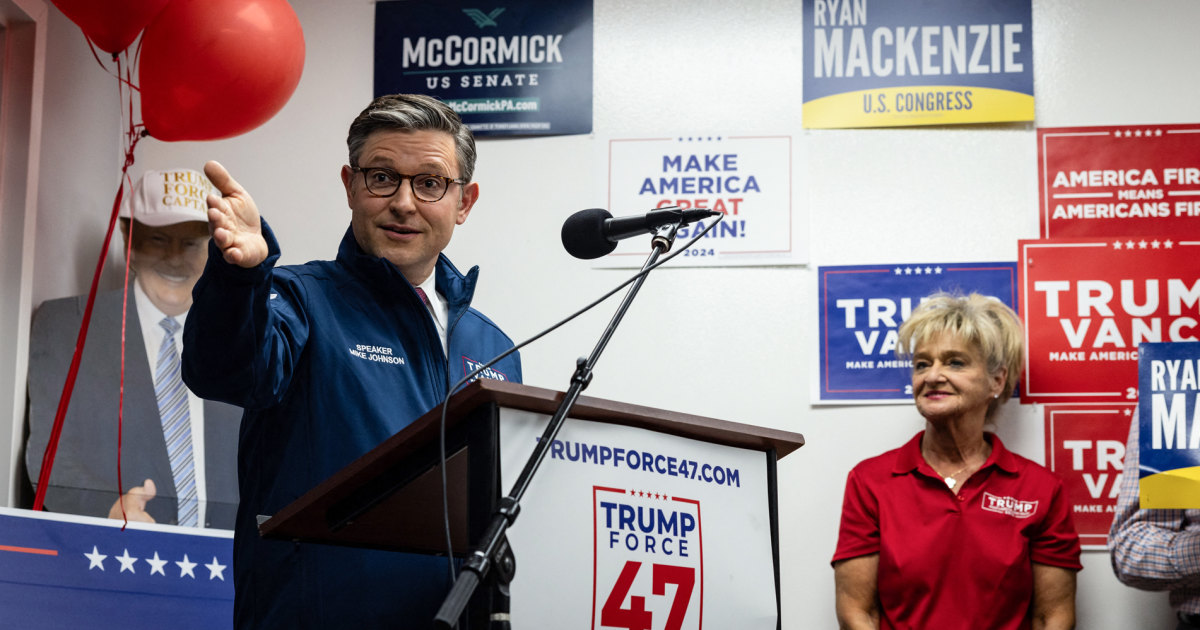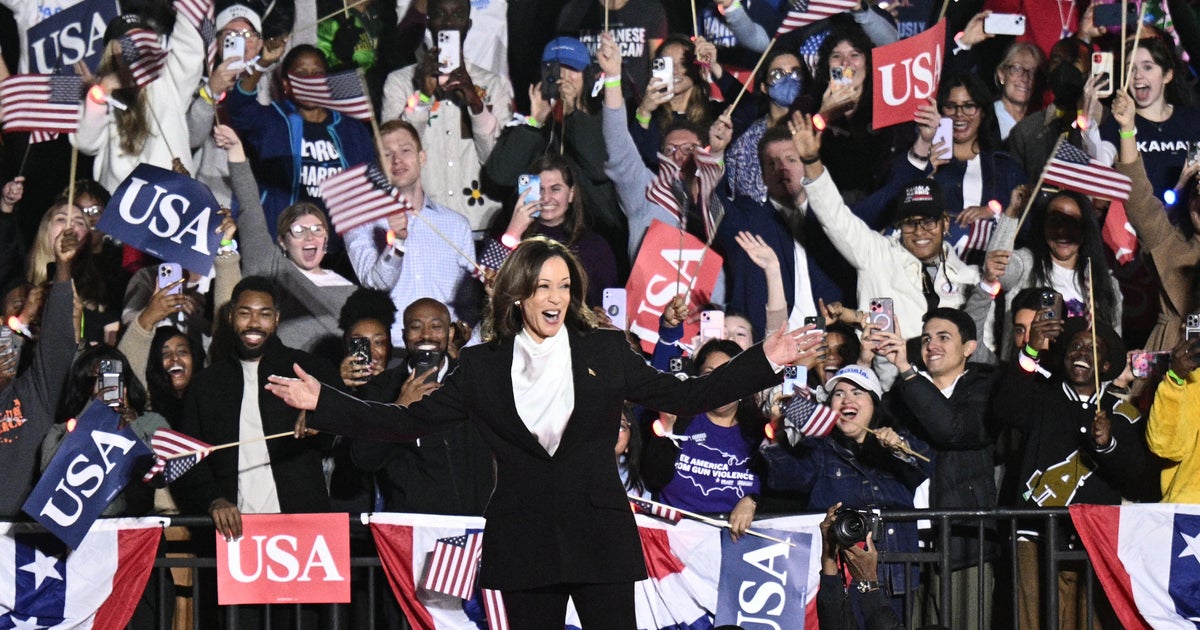
Shortly after King Charles III finished delivering remarks to the Australian Parliament on Monday, a voice called from the back of the chamber. “You are not our king,” shouted Aboriginal senator and Aboriginal rights activist Lydia Thorpe. “Give us back our land. Give us what you have stolen from us.”
When guards escorted Mrs Thorpe out of the room, she continued to shout at the king, demanding Britain make a treaty with Australia’s indigenous peoples and accusing British colonialists of genocide.
“Our bones, our skulls, our children, our people,” Mrs. Thorpe, wearing a traditional skin, shook her fist at Charles as the guards backed her toward the door. “You destroyed our land.”
Leaving the room, Mrs Thorpe could be heard shouting an epithet about the British “colony” in Australia. The King watched unmoved from the stage and left the reception a few minutes later with his wife, Queen Camilla.
It was a confusing interruption to Charles’ first visit to Australia since becoming king in 2022, and it revived the perennial question of how long the British monarch will reign in Australia. The last time Australians were asked that question in 1999, they voted 54.8 per cent to 45.2 per cent against becoming a republic.
The republican movement has remained largely silent since then, although the death of Queen Elizabeth II, widely revered in Australia, fueled hopes among some republicans that it might re-emerge. Anti-monarchy activists have half-jokingly referred to the monarch’s visit as a “farewell tour”.
Charles is not at all familiar in Australia. This will be his 17th visit to the country since 1983 when he visited Australia with his first wife, Diana, Princess of Wales. She outbid him at every stop, which she later said caused friction between her and her new husband. Although not as celebrated as Diana or his mother, Charles has his fans in the country.
Former Australian Prime Minister Malcolm Turnbull, who led the 1999 campaign for a republic, said there was “no personal animosity towards Charles”. “Indeed, he has a lot of admirers in Australia, as he does around the world, not least because of his leadership on environmental issues.”
Speaking in a telephone interview, Mr. Turnbull said the transition from Elizabeth to Charles was an opportune time to revisit the question of a republic. “It’s doable, if people want it, we have to provide it,” he said.
But Mr Turnbull said the republican movement was troubled by long-standing divisions over how to choose a head of state and the need for a compulsory vote that would make it difficult to amend Australia’s constitution.
Last year, the Labor government lost a referendum that would have created an advisory committee in parliament to give Indigenous Australians a greater voice on issues affecting them. Mr. Turnbull said, and reinforced the need to “pick the right time” in another Republican referendum.
Among those opposed to the so-called voice referendum – which she said did not go far enough in addressing Australia’s colonial-era wrongs – was Ms Thorpe. He comes from a prominent family of tribal activists and has long campaigned for tribal rights and against the British monarchy.
In 2022, when Ms Thorpe was being sworn in after being re-elected to the Federal Senate, she raised her fist and performed a black power salute, referring to the then-Queen as “Her Majesty Queen Elizabeth II of the Colonies”. She was instructed to repeat the oath and did so in an apparently mocking tone.
Buckingham Palace has not responded to Monday’s heckling incident. A palace official, speaking on condition of anonymity, said: “Their Majesties are deeply grateful to the thousands of people who have come out to support them and we regret that they did not get a chance to stop and speak to each and every one. One. The warmth and scale of the reception was truly wonderful.
For Charles, the trip to Australia was his most ambitious trip abroad. The monarch’s itinerary has been designed to give him plenty of time to rest and recuperate: after arriving in Sydney on Friday evening, Charles and Camilla took a day off on Saturday before attending a church service on Sunday.
The monarch will travel to Samoa later in the week for a meeting of Commonwealth heads of government. There, he would face further backlash from Britain’s colonial legacy. Caribbean leaders are expected to renew calls for Britain to pay reparations for its role in the slave trade and for damage to the islands from climate change.





